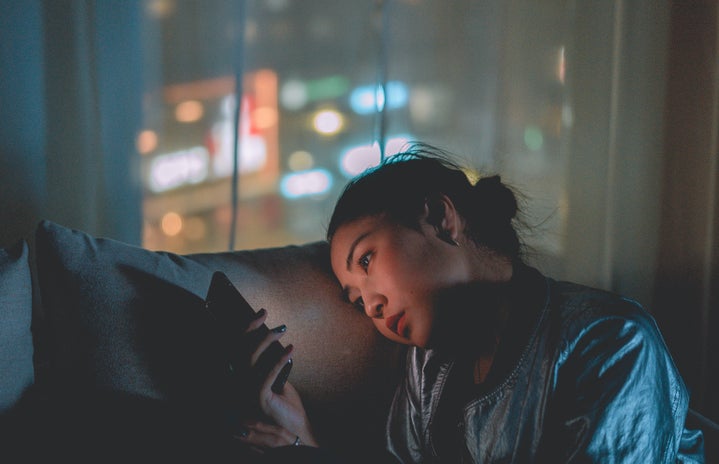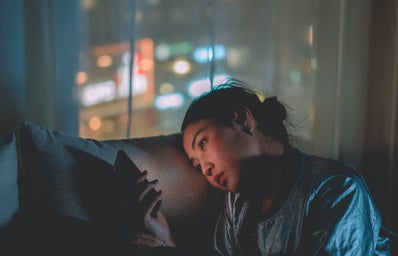Winter depression means much more than the occasional sad day for those of us with seasonal affective disorder. Seasonal affective disorder (SAD) is characterized by: fatigue, depression, hopelessness and social withdrawal seemingly tied to the seasons (most commonly winter). People living at higher latitudes have a higher chance of experiencing SAD due to decreased sunlight and colder weather. In addition, those with SAD obtain relief from their condition when the seasons change.
SAD has been poked fun at in popular culture, despite how real it is for many people. One example of these jokes is in season 8, episode 14 of The Office where Dwight sarcastically replies to Toby’s loneliness:
Toby: It has been a long, lonely winter.
Dwight: Wow. Seasonal affective disorder, AKA: SAD. That sounds like a very real thing, Toby.
Toby: It is real, thank you for saying that.
Andy: Yeah, wow. It’s almost like we’re not all experiencing the same winter?
Andy and Dwight’s misconceptions about SAD are not uncommon, and this behavior is part of the reason why sufferers of SAD may feel invalidated, or as if they’re overreacting. While the exact mechanisms of seasonal affective disorder are unknown, this does not make it any less real. Despite not knowing the exact cause or research of SAD, there are a couple of treatments that can make the winter sadness more bearable.
Many doctors recommend light therapy to their patients. One can purchase a special, incredibly bright light meant to simulate sunlight. The user then sits near the light for around 30 minutes a day, hopefully “tricking” the body into believing it’s sunny outside. Another route commonly utilized by SAD sufferers is taking vitamin D3 supplements. One theory about the inner-workings of SAD is that it’s a result of not enough vitamin D3 absorption (due to decreased sunlight). These supplements work to nullify that effect.
I have both a HappyLight and some vitamin D3 supplements, and personally, I find they make a difference. While neither of these “treatments” are miracle workers, I notice my days are a little better with them. Obviously, those suffering from SAD should talk to a doctor before deciding on a plan of action. They can help one decide on the best treatment based on their personal health and history.
Besides treatments specifically aimed at alleviating SAD, there are also some life habits that can make a huge difference in seasonal depression. Some of these include: eating a balanced and healthy diet, exercising regularly, and going outside when it’s sunny outside. Again, none of these are miracle workers, but together they can positively influence one’s outlook on life.
To my fellow sufferers of seasonal affective disorder — stay strong. Spring isn’t far off, and you’re surrounded by people who love you and care about you. We are stronger than our mental illnesses, and together we will prevail.


